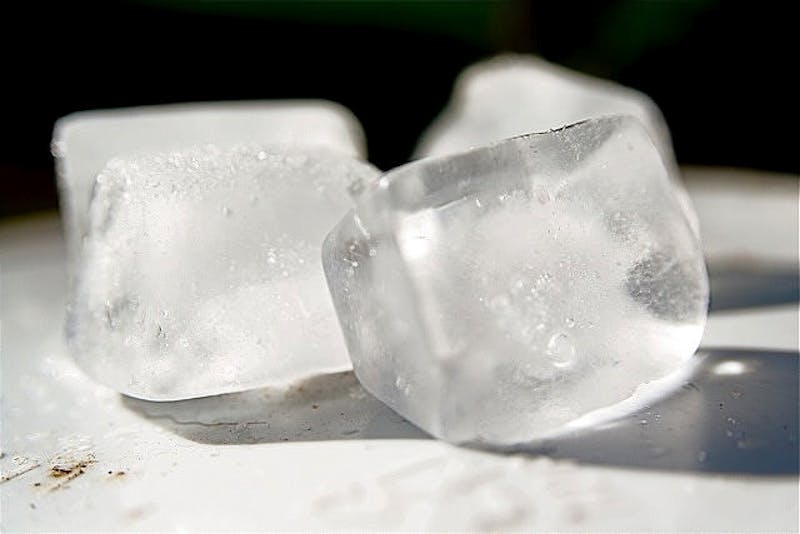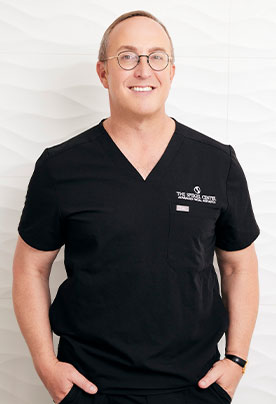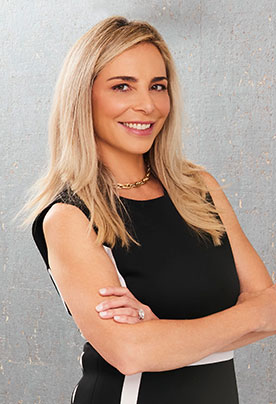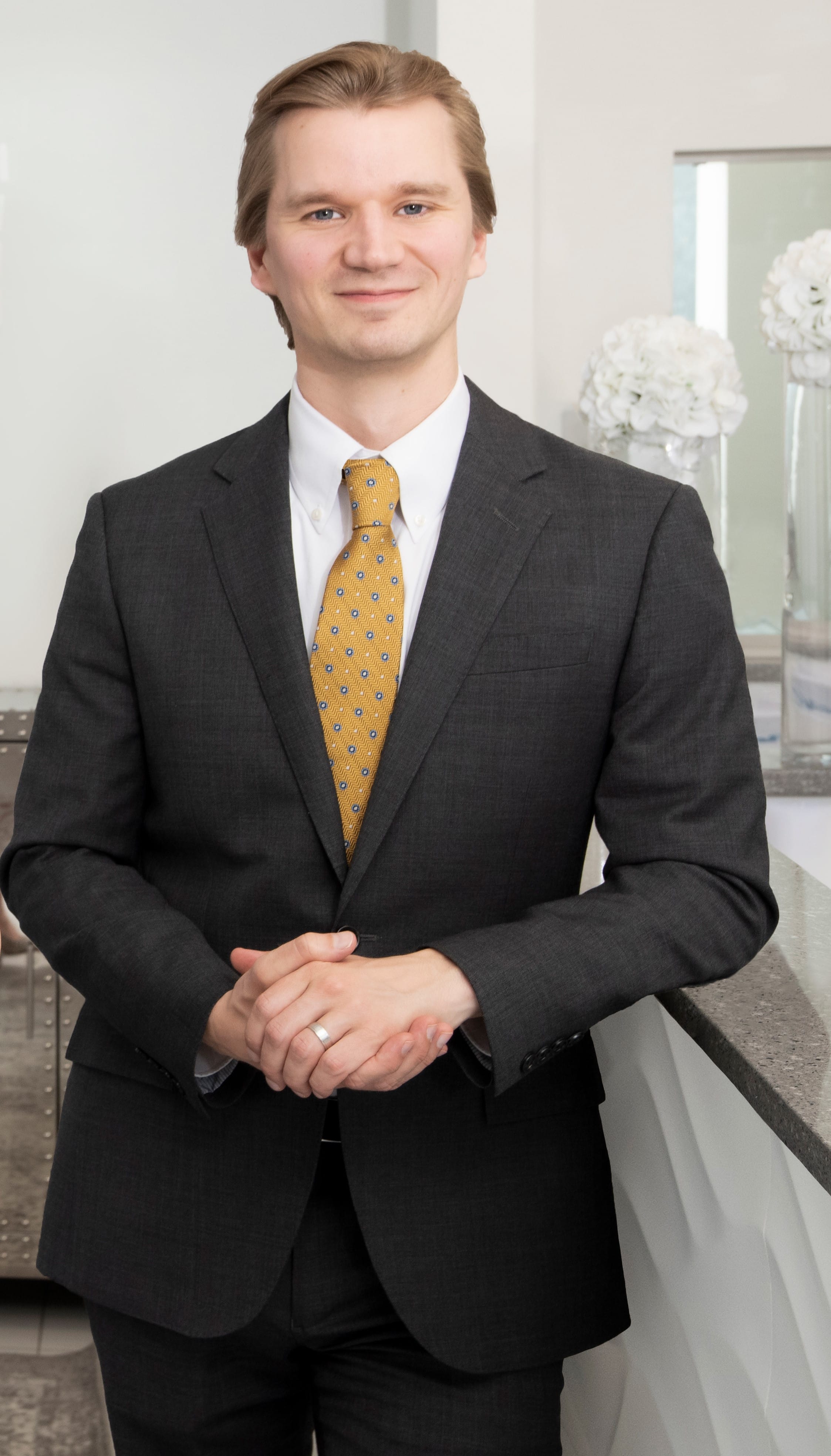
The term cryotherapy refers to the use of cold temperatures during medical treatment. The word itself comes from the Greek world cryo, which means cold, and the Greek use of the world therapy, which means cure. This kind of treatment has been used as early as the Seventeenth Century, and is now being used in various treatments including those in the plastic surgery industry.
Plastic Surgery Use
In terms of plastic surgery, cryotherapy is becoming more commonly used. Micro-fine jets of cryogen can be aimed precisely where it is needed while avoiding areas that do not need it. This means that only minor discomfort is felt by patients, and that it is safe to use on even children. There is no follow-up care necessary after cryotherapy has been performed, It can also be used in a variety of different conditions including skin tags, dermatofibroma, viral warts, seborrheic keratosis, small skin cancers, basal cell carcinomas, Bowen’s disease, solar lentigo, actinic keratosis, lesions as well as scar tissue, acne, wrinkles, abrasions, burns and keloids of any kind.
How is it Done?
Cryotherapy when used in plastic surgery generally involves the use of liquid nitrogen. Liquid nitrogen is extremely cold, with a boiling point of minus 196° Celsius. It is stored in special flasks, and distributed through very precise instruments that can direct the liquid nitrogen to the exact place it is needed during cryosurgery. The plastic surgeon’s instrument is extremely accurate allowing for healthy tissue to be easily avoided. This means that the therapy can be done for longer periods of time and at deeper levels without discomfort that would require many repeated visits. There is no preparation of the area necessary, and it does not generally require a local anaesthetic.
The Procedure
The procedure itself only takes a few seconds depending on the exact size of the area being treated. This area becomes frozen and turns white, then thaws out and returns to normal skin temperature within one to two minutes. The doctor may then repeat the process if necessary. After the treatment is completed, a scab will form on the area. The scab will naturally come off over a period of one to two weeks, leaving the area left behind to return to a normal appearance in most cases.
After Care
After the procedure is completed, the doctor will explain how exactly the area should be treated. It is usually suggested that the area is kept completely dry until a scab forms. Once the scab is there, the doctor may recommend clients to use Vaseline to keep the area soft. If the scab becomes wet, it should be patted dry with a tissue or soft towel. Patients should avoid touching the scab or picking at it to avoid any scarring from occurring. If the treated area is in a location that is likely to be scraped or rubbed by clothing, the doctor may suggest keeping a dressing or bandage of some sort on the area.
Cryotherapy is becoming an increasingly popular form of treatment used in plastic surgery offices. This is because it is easy, cost-effective and can have great results.
Above Image Source: Flickr/Steven Depolo





